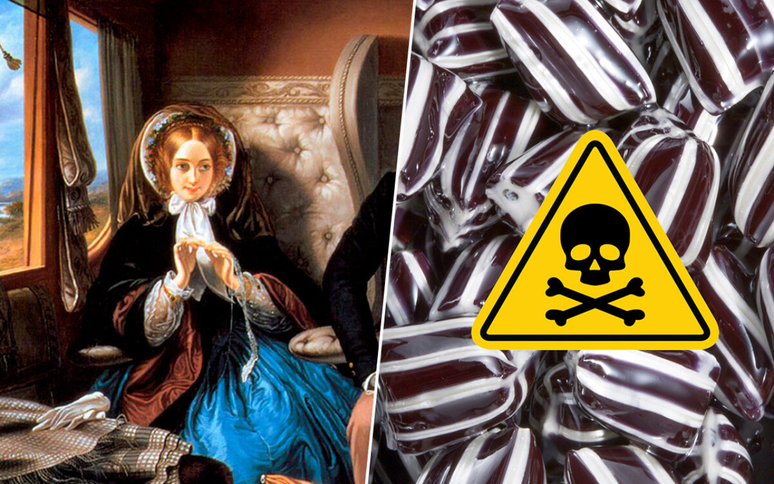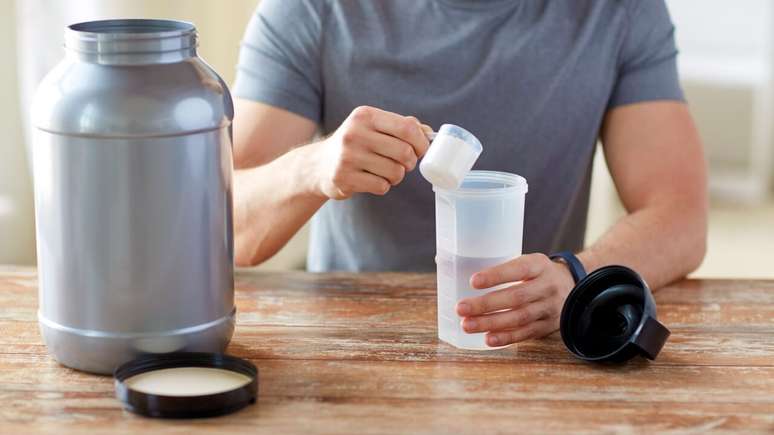Remember the old joke about the husband killed for walking on freshly mopped floors and the police officers who didn’t dare enter the crime scene until the linoleum was dry? Do you think the advice “don’t walk on wet surfaces” will be included in the list of tips from professional cleaners?
There are people who like to cook. There are also those who like to iron. But cleaning floors is a completely different story: few people like carrying a bulky bucket of water from room to room. However, cleaning experts agree that you should mop regularly, and they also believe that there are common mistakes when cleaning floors that make the task more tedious – here are the ones that make their top 10.
Do not vacuum the floor before washing it









